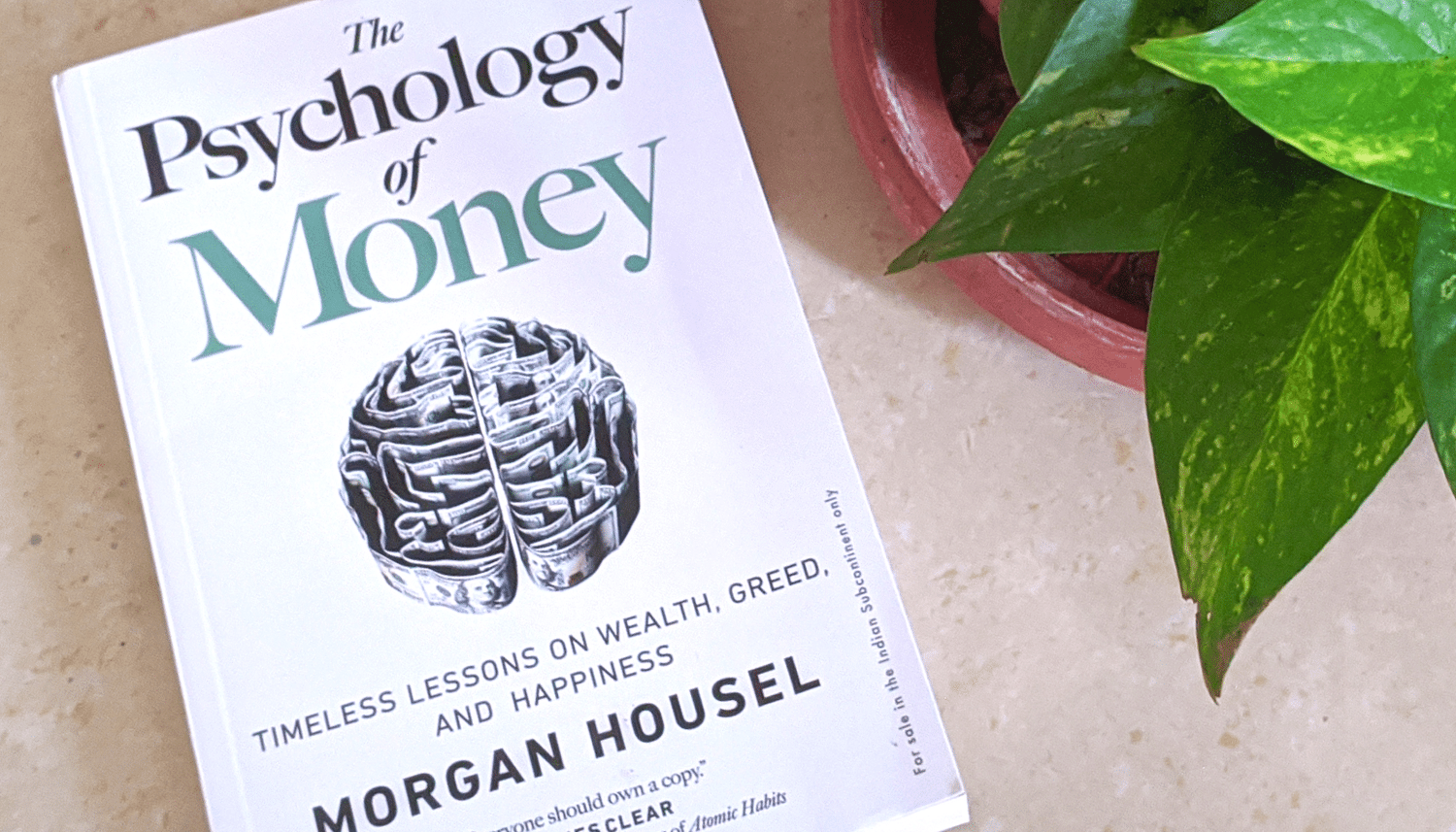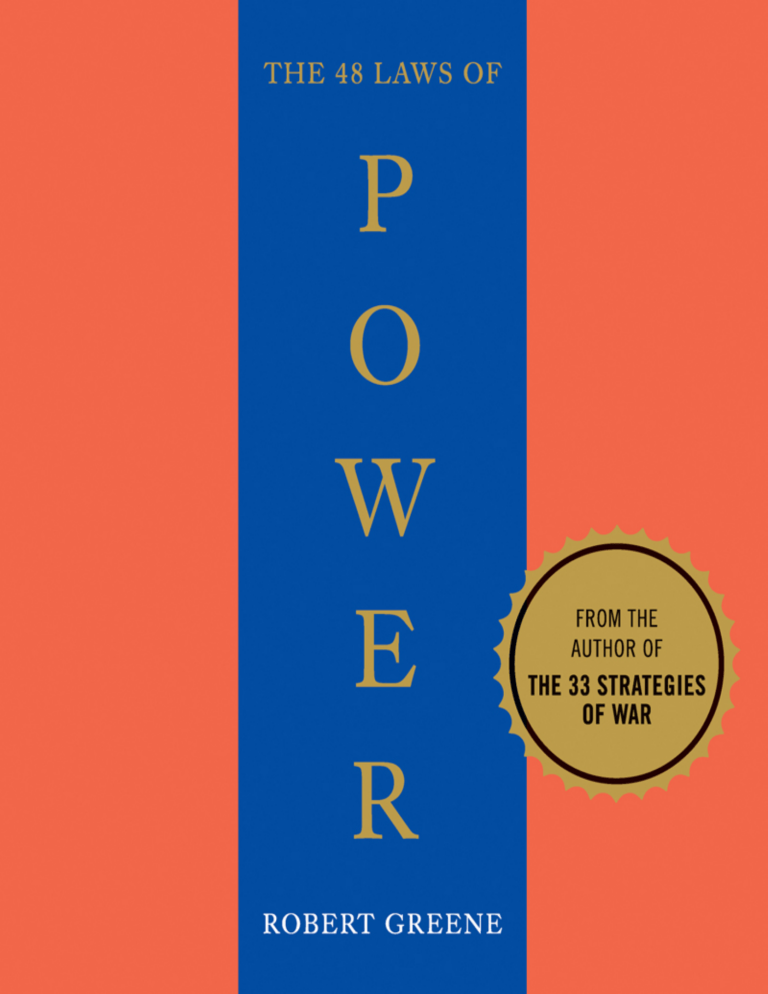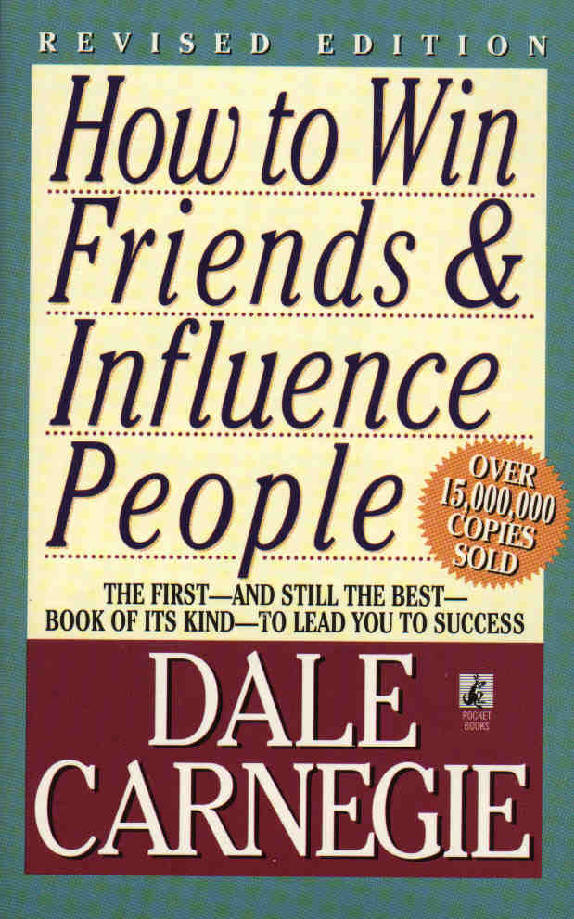Table of Contents
This Think and Grow Rich book summary distills Napoleon Hill’s Think and Grow Rich, a self-help book based on the idea that thoughts are powerful and can be used to achieve success, particularly financial success.
“All achievement, all earned riches, have their beginning in an idea!”
Introduction
Hill asserts that he spent 25 years researching the book, analyzing over 500 successful men. His research convinced him that great wealth results not from hard work but from a specific mental state and a deliberate plan for achieving riches.
Hill describes this mental state as “money consciousness,” a burning desire for wealth that drives individuals to create and execute practical plans to achieve their financial goals.
Hill contends that this mental formula for success originated with Andrew Carnegie, a steel magnate who shared the formula with Hill and urged him to test and demonstrate its efficacy across diverse professions. Carnegie believed that the formula, if properly taught, could revolutionize education and significantly reduce the time needed for schooling.
Hill credits his son, who secured a high-paying job after reading an early manuscript of the book, President Woodrow Wilson, and former President of the Philippines Manuel L. Quezon, with successfully using the formula.
“If you are READY to put it to use, you will recognize this secret at least once in every chapter. I have not stated the secret in so many words, because I have found that while it is most easily understood by those who are READY, it is never properly understood by those who are not READY.”
The Thirteen Steps to Riches:
Throughout Think and Grow Rich, Hill lays out 13 principles that, when followed with faith and commitment, can lead to the achievement of any desire. The foundation of this philosophy is the belief that thoughts can be transmuted into their physical equivalents, including wealth. Hill stresses that this process is not miraculous but rather the utilization of the eternal laws of nature.
Here’s a summary of each step:
- Desire: The starting point of all achievement is an intense, burning desire for something specific. Hill uses the story of Edwin C. Barnes, who started as a lowly worker in Thomas Edison’s office but eventually became Edison’s business partner, to illustrate this principle.
Barnes achieved his goal because of his unwavering desire to work with Edison, a desire he nurtured until it became an obsession. He visualized himself in partnership with Edison and never wavered in his pursuit.
Hill provides six steps to transform desire into its physical equivalent:

- Fix in your mind the exact amount of money you desire.
- Determine what you intend to give in return for the money.
- Establish a definite date by which you intend to possess the money.
- Create a definite plan for carrying out your desire, and begin at once to put this plan into action.
- Write a clear, concise statement of the amount of money you intend to acquire, name the time limit for its acquisition, state what you intend to give in return for the money, and describe your plan for accumulating it.
- Read your written statement aloud twice daily, once before retiring at night, and once after arising in the morning. As you read, see and feel and believe yourself already in possession of the money.
- Faith: Faith is the belief in the attainment of your desire. It acts as a bridge between the intangible thought impulse of desire and its physical manifestation.
Hill argues that faith is a state of mind that can be induced through repeated affirmations or auto-suggestions to the subconscious mind. He recommends using affirmations to convince your subconscious mind that you will receive what you desire, which then reinforces your faith.
- Auto-suggestion: Auto-suggestion is the process of repeatedly suggesting something to yourself until your subconscious mind accepts it as true. Hill emphasizes that the subconscious mind works continuously, even during sleep, to transform desires into their physical equivalents.
By using auto-suggestion, you can impress your desires upon your subconscious mind, which will then work to bring them into reality.
- Specialized Knowledge: Hill differentiates between general knowledge and specialized knowledge. He argues that specialized knowledge, directly applicable to your chosen field, is essential for accumulating wealth.
While he acknowledges the value of general knowledge, he emphasizes that it is useless for acquiring riches unless it is organized and directed towards a specific goal.
- Imagination: Hill calls imagination “the workshop of the mind” where plans are created. He stresses the importance of both synthetic imagination (the ability to rearrange existing ideas and concepts) and creative imagination (the ability to generate entirely new ideas).
To illustrate this principle, Hill uses the story of the development of Coca-Cola. He argues that Coca-Cola’s massive success can be attributed to Asa Candler’s imagination, which enabled him to see the potential in a simple idea and transform it into a global phenomenon.
Hill also cites the story of Dr. Frank Gunsaulus, who used his imagination to conceive of and build the Armour Institute of Technology. By visualizing his goal of founding the institute and fervently believing in its realization, Dr. Gunsaulus attracted the necessary resources to turn his vision into reality.
- Organized Planning: Hill emphasizes the need for a definite plan of action to achieve any goal. He recommends allying with a “Master Mind” group – individuals who can provide knowledge, expertise, and support – to develop and execute your plans effectively.
Hill dedicates a large portion of this section to the marketing of personal services. He provides detailed instructions on how to become a leader in your field, identify opportunities, and avoid common pitfalls.
He suggests creating a comprehensive “brief” that showcases your skills, experience, and qualifications to prospective employers, emphasizing the importance of presenting yourself professionally and uniquely.
- Decision: Hill emphasizes the importance of making decisions quickly and firmly. He suggests that successful people reach decisions promptly and change them slowly, while those who fail struggle with indecision and frequently change their minds.
He provides a historical example of decisive action through the actions of Samuel Adams and John Hancock during the American Revolution. These leaders, facing threats and pressure from the British Crown, stood by their convictions and ultimately helped secure American independence.
- Persistence: Hill identifies persistence as a crucial factor in transforming desires into their monetary equivalents. He highlights that persistence is rooted in willpower and fueled by the intensity of one’s desire.
Hill uses the example of author Fannie Hurst, who faced numerous rejections but persistently pursued her writing career, to illustrate the power of persistence. He encourages readers to develop persistence by strengthening their desires, seeking support from a Master Mind group, and using auto-suggestion to imprint the desired outcome on their subconscious minds.
- Power of the Master Mind: Hill describes the “Master Mind” as the coordination of knowledge and effort between two or more people working harmoniously toward a definite purpose. He emphasizes that achieving and retaining wealth requires leveraging the collective power of a Master Mind group.
He argues that individuals can overcome personal limitations and achieve greater results by tapping into the collective intelligence and experience of a supportive group.
- The Mystery of Sex Transmutation: Hill acknowledges the power of the sex drive and argues that it can be harnessed and redirected towards achieving other goals. He suggests that by channeling sexual energy into creative pursuits, individuals can increase their drive, focus, and persistence in achieving their goals.
- The Subconscious Mind: Hill describes the subconscious mind as a storehouse of thoughts and impressions, constantly working to transform desires into their physical equivalents.
He stresses the importance of understanding the language of the subconscious mind, which operates primarily through emotions and feelings, to effectively communicate your desires. Hill emphasizes the importance of feeding the subconscious mind with positive emotions such as desire, faith, love, and enthusiasm, while avoiding negative emotions like fear, jealousy, and hatred.
- The Brain: Hill describes the brain as a broadcasting and receiving station for thoughts, capable of picking up vibrations from other minds through the ether. This concept, reminiscent of telepathy, suggests that individuals can influence each other’s thoughts and, by extension, their actions.
He encourages readers to use their “mental broadcasting stations” by focusing their subconscious minds, creative imaginations, and auto-suggestions on their desired outcomes.
- The Sixth Sense: Hill presents the “Sixth Sense” as the highest principle of his philosophy, attainable only after mastering the previous twelve. He describes it as the intuitive faculty of the subconscious mind, also known as the Creative Imagination, which allows individuals to receive insights, ideas, and inspiration. This intuitive ability, often referred to as “hunches” or “inspirations,” can guide individuals toward making right decisions and achieving their goals.
“The object is to want money, and to become so determined to have it that you CONVINCE yourself you will have it.”
Overcoming Fear:
In the final chapter, Hill emphasizes the importance of overcoming fear to achieve success. He identifies six basic fears that can paralyze individuals and prevent them from reaching their full potential:

- Fear of Poverty
- Fear of Criticism
- Fear of Ill Health
- Fear of Loss of Love
- Fear of Old Age
- Fear of Death
Hill urges readers to analyze themselves, identify their fears, and consciously work towards overcoming them. He argues that fear is a learned response and can be unlearned through conscious effort.
He reminds readers that they have the power to control their thoughts and choose to focus on positive emotions instead of succumbing to fear.
“When Henley wrote the prophetic lines, ‘I am the Master of my Fate, I am the Captain of my Soul,’ he should have informed us that we are the Masters of our Fate, the Captains of our Souls, because we have the power to control our thoughts.”
Conclusion
Hill ends the book with a call to action, urging readers to use the “Master Key” to unlock their potential. This key is the ability to create, in your mind, a burning desire for a definite form of riches.
The price of neglecting this key is failure, while the reward for using it is the satisfaction of conquering oneself and achieving one’s goals.
Hill’s Think and Grow Rich emphasizes the power of the mind in achieving success. While the book focuses primarily on financial success, the principles he outlines can be applied to various aspects of life.
By understanding and applying these principles, individuals can overcome their limitations and achieve their dreams.
“Success requires no explanations failure permits no alibis”
Who Should Read Think and Grow Rich?
Think and Grow Rich presents a philosophy focused on harnessing the power of the mind to achieve success. While the primary emphasis is on financial success, the principles can be applied to various aspects of life. So who could benefit from reading this book?
Individuals Seeking Financial Success:
- Those Struggling Financially: The book provides a roadmap for transforming desires into their physical equivalents, especially money. Hill wrote the book in the wake of the Great Depression, specifically addressing those seeking to rebuild their lives and finances.
- Entrepreneurs and Business Owners: The principles of desire, organized planning, persistence, and the power of the Master Mind are particularly relevant for those starting or running businesses. Hill provides examples of successful entrepreneurs like Henry Ford, Andrew Carnegie, and F.W. Woolworth who employed these principles.
- Salespeople and Marketers: Hill highlights the importance of specialized knowledge and the power of the sex drive in sales. He suggests that a strong, well-directed sex drive can enhance personal magnetism, crucial for successful selling.
Individuals Seeking Personal Growth:
- Those Lacking a Defined Purpose: The book emphasizes the importance of having a definite chief aim in life. Hill believes that without a clear goal, individuals drift aimlessly and fail to achieve their full potential.
- Those Struggling with Fear and Self-Doubt: The book provides strategies for overcoming the six basic fears – poverty, criticism, ill health, loss of love, old age, and death. Hill asserts that these fears are learned responses and can be unlearned through conscious effort.
He also addresses the debilitating effects of negative influences and provides tools for shielding oneself from negativity.
- Those Seeking Spiritual Growth: Although the book focuses on material wealth, Hill argues that the principles can lead to spiritual understanding and happiness. The concept of the sixth sense as a connection to Infinite Intelligence suggests a pathway for spiritual development.
Individuals Interested in the Power of the Mind:
- Students of Psychology and Human Behavior: Think and Grow Rich explores the workings of the subconscious mind, the power of auto-suggestion, and the importance of positive emotions in achieving goals.
- Those Interested in Creative Thinking and Innovation: Hill underscores the power of imagination in creating new ideas and solutions. He encourages readers to tap into their creative potential and use their minds to solve problems and achieve goals.
Educational Institutions:
Hill believed that the principles outlined in his book should be taught in schools. He felt that incorporating these principles into the education system would equip individuals with the tools to succeed in life, not just in accumulating wealth, but in achieving any worthy goal.
Overall, Think and Grow Rich is a valuable read for anyone seeking to improve their lives and achieve their goals. It provides a framework for understanding the power of the mind and offers practical strategies for harnessing that power to achieve success in all areas of life.
It is important to note that the book was written in the 1930s and some of its language and examples might feel outdated to modern readers. Nevertheless, the core principles remain relevant and can provide valuable insights for personal and professional development.

You may also want to explore other books and resources on personal development and success to gain a broader perspective. To read our book summaries on these books, click here
Liked this Think and Grow Rich book summary? Read other book summaries here
You may also like:







Leave a Reply to The Success Principles Book Summary for Achieving Growth Cancel reply